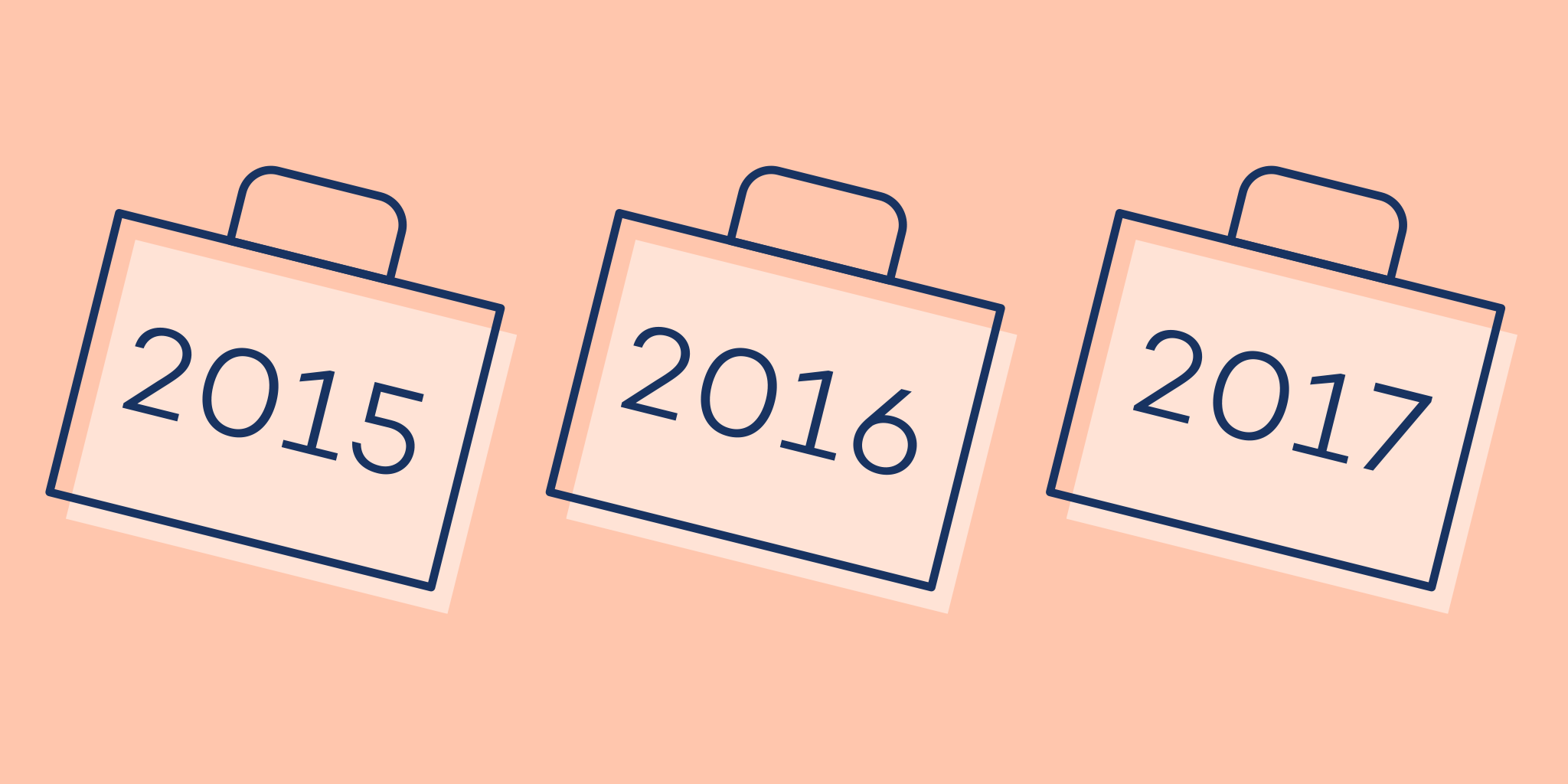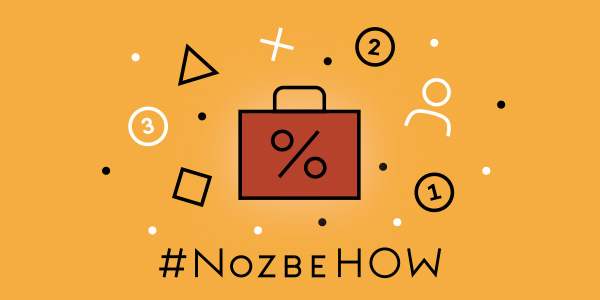
Share your best productivity tips and tricks as Nozbe.how templates
3 February 2016
To celebrate 9 years of Nozbe we give you new Nozbe 3.0! (video + promo)
1 February 2016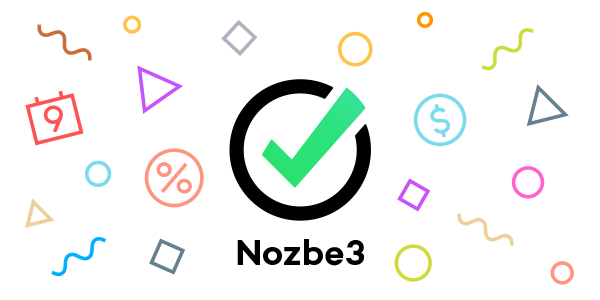
Happy birthday Nozbe! Today marks 9 years of helping more than 300,000 busy professionals and their teams from all over the world get everything done! Nozbe 3.0 is here with better design, business accounts and a completely new logo!
To learn more about Nozbe 3.0, check out our short video:
Now that you’ve watched the video, let me tell you (1) how can you get Nozbe 3.0, (2) what’s new in 3.0, (3) some more details about new Nozbe for Business and finally (4) our newest NOZBE3 special offer. Here goes:
1. Nozbe 3.0 is available today on most of the 9 major platforms we support:
„10 Steps to Ultimate Productivity” Audiobook
30 January 2016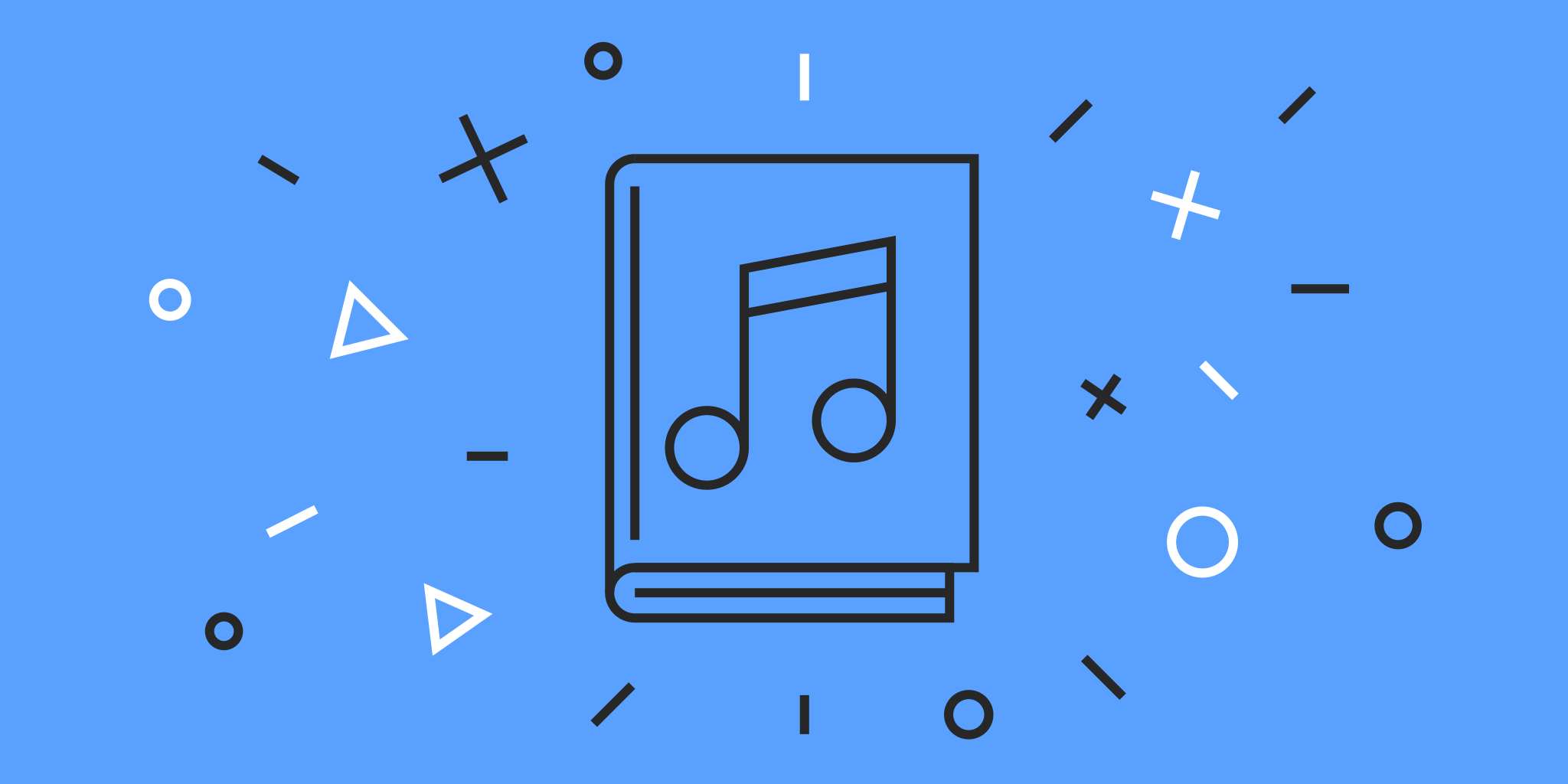
The Podcast 31 - behind the scenes of the upcoming Nozbe 3.0
28 January 2016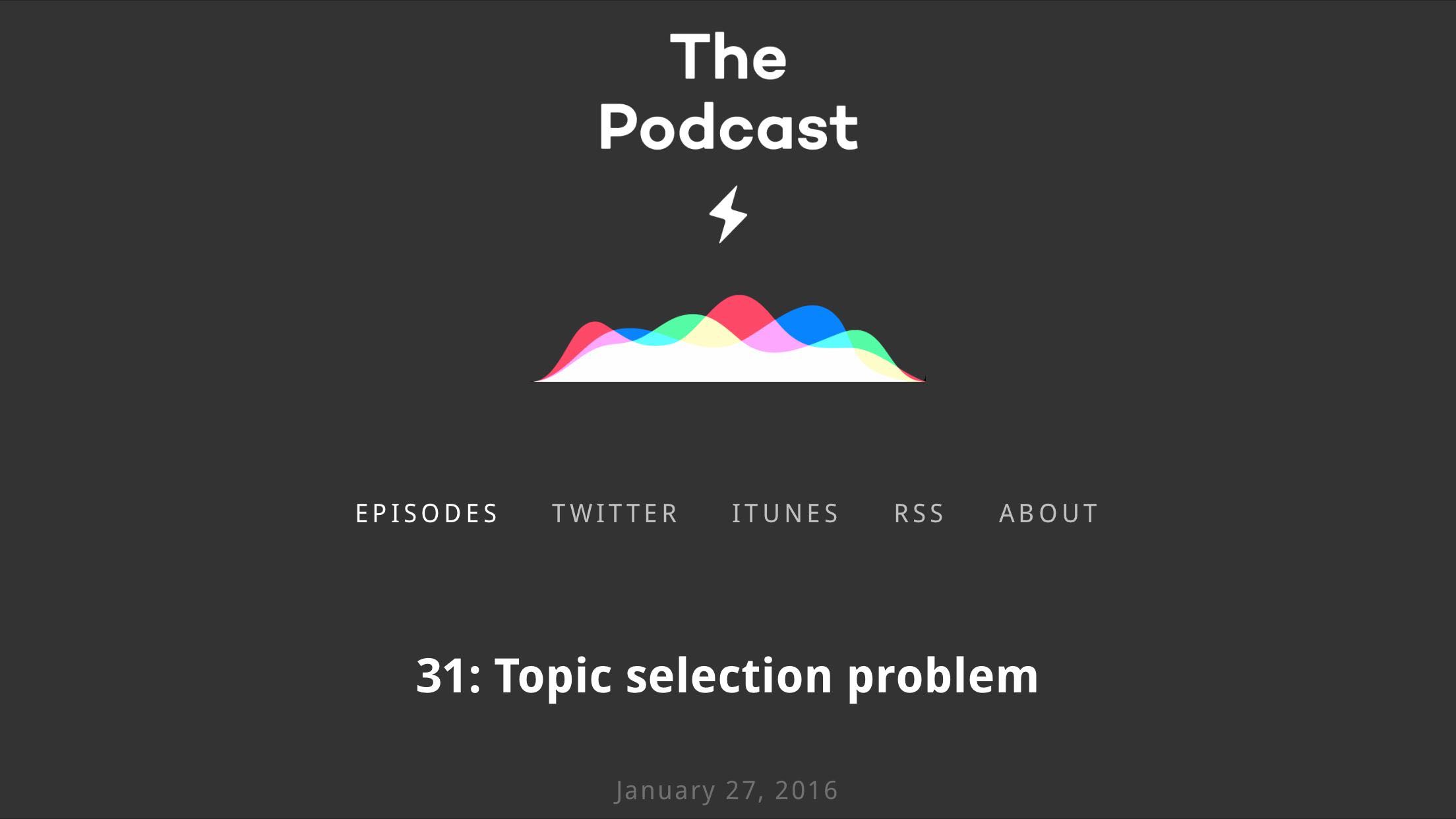
Nozbe Business - How to take your team to the next level of productivity
27 January 2016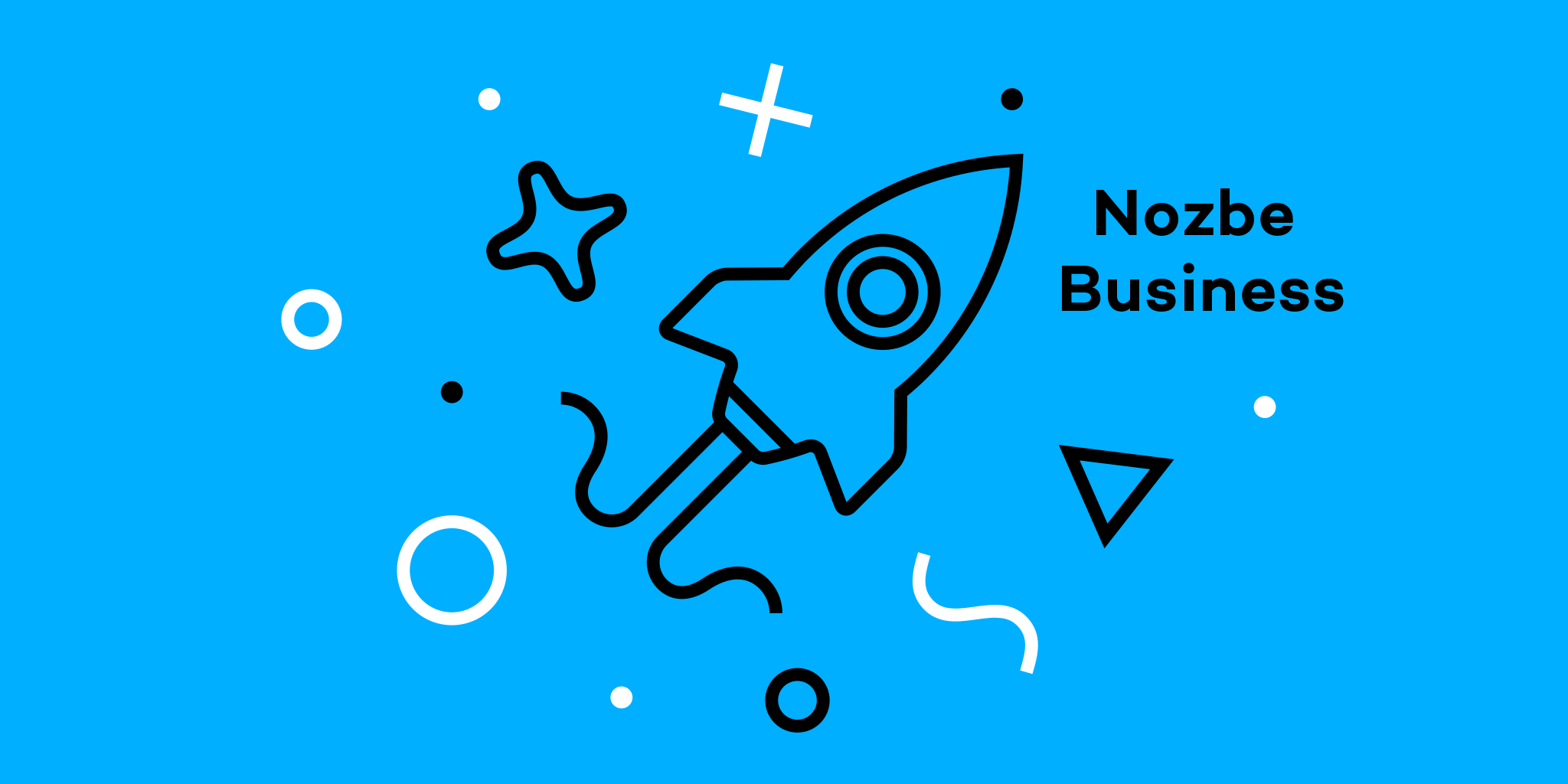
Nozbe’s birthday celebrations continue. We hope you like all the gifts we’ve prepared for you so far :-)
Nozbe will help you grow your business!
Today, we would like to talk a little bit about the productivity of your team. See, what we can do together to help your business grow.
Nozbe matures - from personal productivity to effective cooperation in teams
9 years ago, back in 2007, Nozbe started as a GTD-based personal productivity tool designed to meet mostly our CEO’s needs ;)
Over the years, listening to your feedback, we added the project sharing feature. Then, multi-personal accounts were introduced. The team collaboration flow and communicating through tasks soon became one of our priorities and strengths.
Today, we are taking Nozbe to a whole new level by creating special Business accounts dedicated to companies and teams willing to boost their productivity!
Nozbe 3.0 Business Plans - see how you can maximize your team’s efficiency
We believe that essential factors affecting team productivity are:
- the right use of technology,
- instant access to the workplace information,
- effective and well-managed communication,
- planning and setting “S.M.A.R.T.” goals,
- analyzing progress and reviewing objectives…
…and Nozbe works great in each of these fields.
Nozbe 3.0 preview
26 January 2016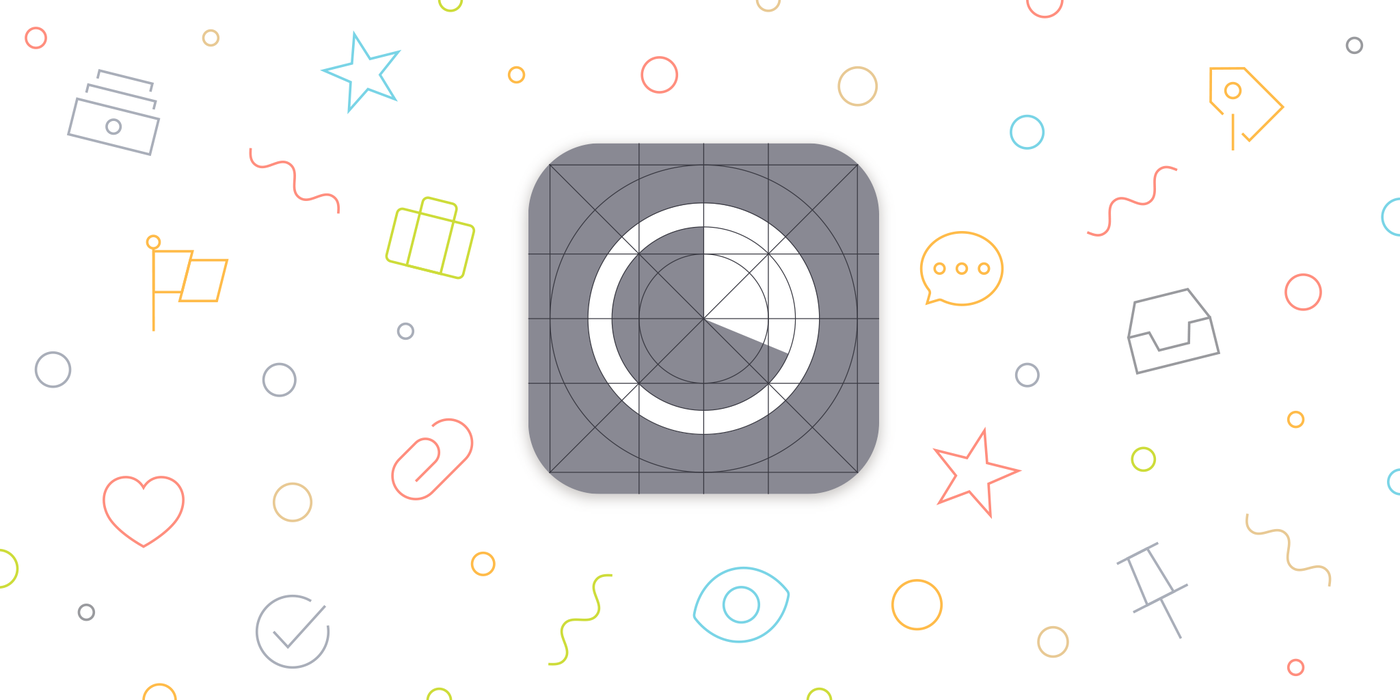
The big day is coming. We are putting finishing touches to Nozbe 3.0 and cannot wait to share it with our great Nozbe users. We hope this will be the best gift for you to celebrate our 9th birthday :) And your feedback will be the best gift for us!
Today, we wanted to share some highlights from Nozbe 3.0:
New logo
It was back in August 2015 when our designer Hubert prepared a blogpost on our internal blog with a project of a new Nozbe logo. When Michael saw it he got a bit mad… because he realised how much he liked the new logo and that the change was necessary ;) I mean seriously! The new logo is so beautiful that Hubert was crying with tears of joy while drawing it. True story! ;)
New task details column
The new logo is the icing on the cake of a new design. With Nozbe 2.5 and 2.6 we introduced some major changes to the app design. We brought a new font, new colors, new icons, refreshed side panels and task list appearance. The last part of the app that needed a redesign was the task details column. That is kind of a place when the magic happens. In this view, you comment tasks, delegate them and complete them. You simply get everything done over there. First attempts to tweak the task details design were made in April 2015 but we could not agree on how it should look like. After months of discussions and tons of sketches we finally got to the solution which, although not so revolutionary, really improves the user experience.
#NozbeOffice - show a place where your work is done
25 January 2016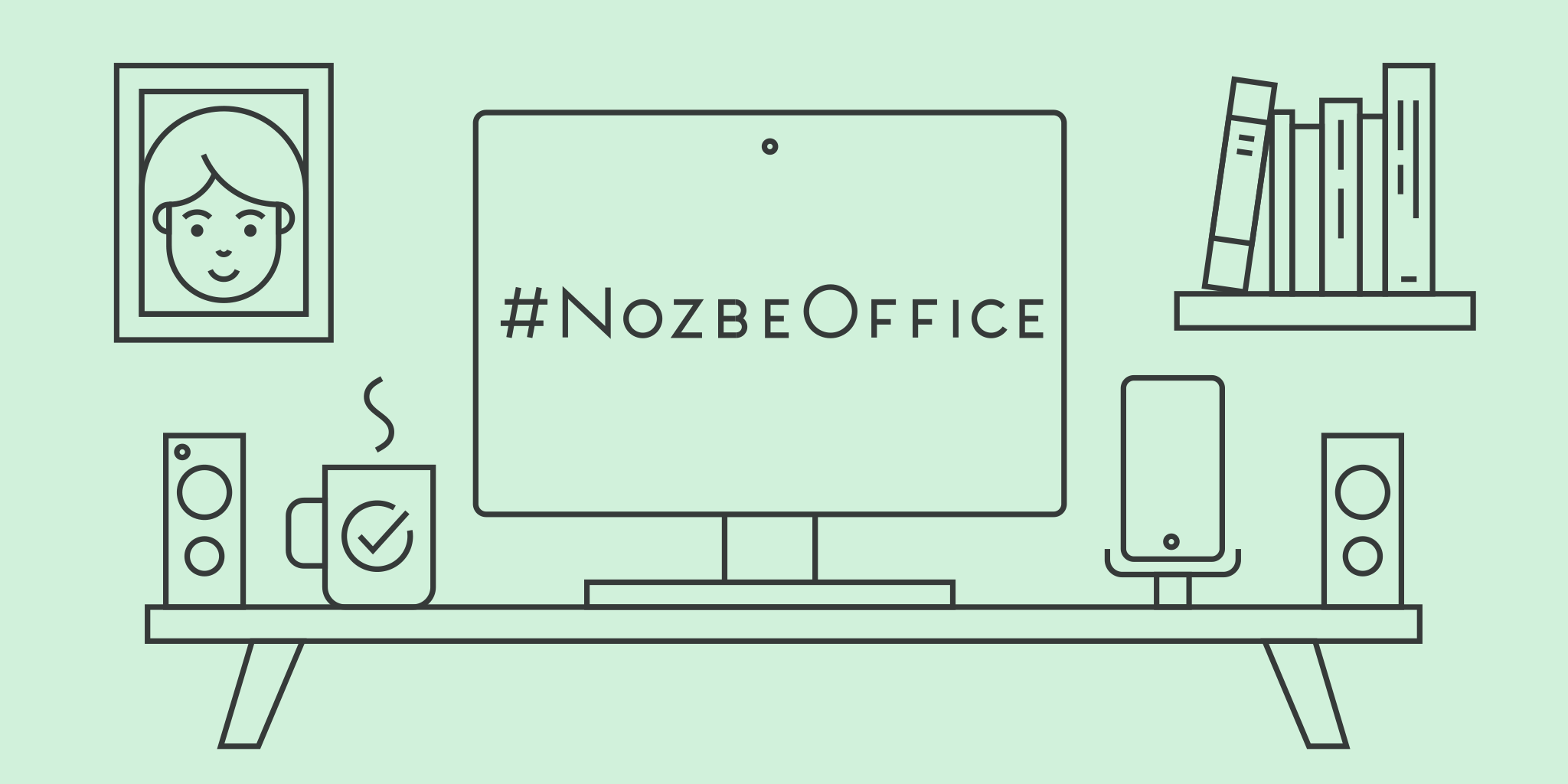
Productive! Magazine to the rescue!
24 January 2016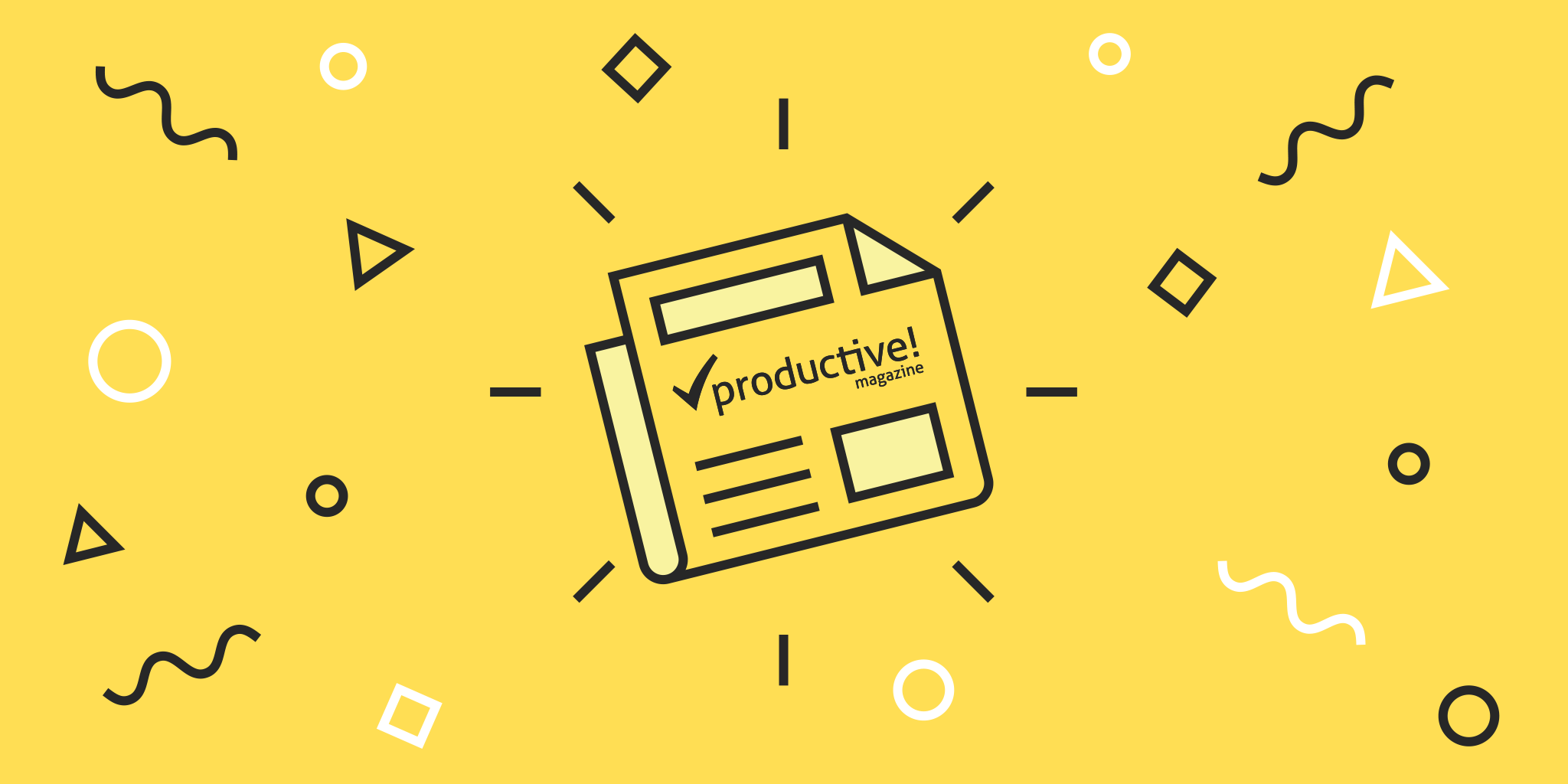
Productive! Magazine is a regular dose of inspiring, practical and timeless articles written by the best productivity experts on the Internet. Over the years, it has given Nozbe users much inspriation and aid in their day-to-day work.
It seems that none of the material found therein has depreciated over time. Therefore, we have concluded to create a compilation of 5 really interesting articles along with accompanying Nozbe.how templates to let you implement the advice they offer right away :-)
Celebrate 9 years of Nozbe with us!
23 January 2016
How project templates can help you keep track of your annual routine
15 January 2016